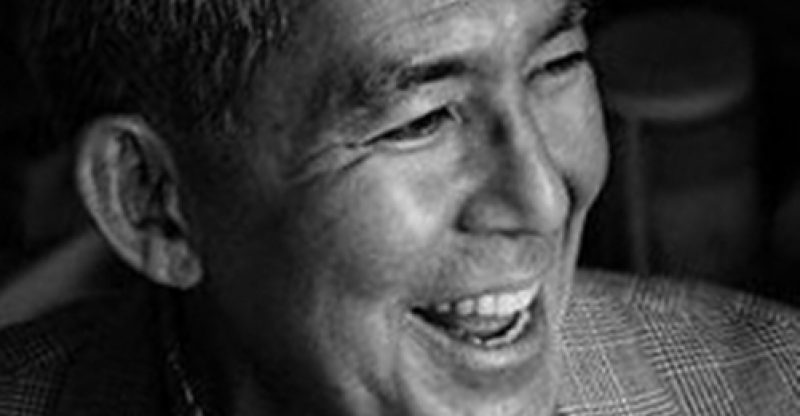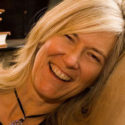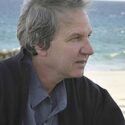The Journey 42. Darrell Y. Hamamoto: Go Around the Curators
Darrell Y. Hamamoto, American writer, academic, and specialist in U.S. media and cultural studies, and publisher Kris Millegan discuss secret societies, the curators of our culture, and Hamamoto’s book, “Servitors of Empire: Studies in the Dark Side of Asian America,” about the role Asian Americans play as China and India loom ever larger in the world economic system, and highly trained knowledge workers are used to bring sovereign nations such as the United States under centralized rule through in bioscience, IT, engineering, and global finance.

D: The book keeps growing. They’re even starting to cite it in the academic world. Because reality is coming in my direction, not the other way around.
K: Conspiracy theory land is a minefield full of all kinds of pitfalls, to lead people “over there” so we get limited. We get our careers crushed. I talked to Anthony Sutton and says, “How has this been for your career?” And he says, “It killed it.” And he worked at the Hoover Institute. They said, “We don’t want you to publish your book.” He went around them [and published it]. They said, “Anthony, you don’t want to break your rice bowl, do you?” And it caused him a myriad of problems.
The basic people in the shadows, the secret society, is basically based in Europe, with a strong sister society in China. That has a little brother in Korea. [And there are secret societies in Japan.] I see these people in the shadows taking natural conflicts and building them up for their own uses. The Russo-Japanese War in 1905 – it was basically by the arms manufacturers trying to figure out this new way of war that they were going to bring out in World War I. At the peace conference for the Russo-Japanese War, you have a whole bunch of people from the arms industry and a whole bunch of people from Skull and Bones.
D: And there it is, in the middle of the spider’s web, The Bank of England. The U.S. [television] industry [General Electric] decided that Mr. Sony would do all that work and they were going to have an export economy which would build up Japan as the regional place-holder in the Asia-Pacific. And then they created a series of interlocking secret societies, definitely, but mostly banking families that connect China with Korea, both Koreas – North Korea is not an isolated nation; it’s very much plugged in; the idea that it’s a hermit kingdom or it’s isolated is an illusion – and Japan. And after the end of the second war, they found out that the ultimate in kinetic warfare, atomic bombs, hydrogen bombs, would ruin beautiful Kyoto, if they ever bombed it. So they said, “We’re going to do it through technology. Techno-war.” We have moved now from the kinetic to the genetic. That’s where we’re at now. That’s what “The Great Reset” is all about. It’s a new form of warfare against targeted swaths of humanity. And that was really the focus of my book, “Servitors of Empire.” Who was going to replace the aged-out Paperclip people, the Germans, the Eastern Europeans, the White Russians? [I brought the importance of Asia front stage and central.]
My signal contribution, the one I’m pushing right now, is to get that English-speaking audience in Asia and invite us to join we Americans for this larger framework of co-prosperity through economic exchange; through good, old fashioned trade and barter. [With podcasts and the internet,] we can affect these types of organic, small-level, local types of changes by creating our own popular culture without having to resort to iTunes or Jimmy Iovine or all these self-appointed curators. They call them curators. They want to curate our minds and our life and our culture. To me, the very definition of culture has embedded in it the idea of opposition. Culture’s never stagnant. It’s always in motion. Culture and authenticity and the real are irrepressible.
Anthony Bourdain was an intelligence asset. The power elite of California, the Getty mob, including Pelosi and Governor Gavin “Gruesome” Newsom, are second tier compared to one of the largest real estate families in the southwest and California, the Castros, from whom came Fidel in Cuba. (He was a Vatican agent to begin with. The whole communist stuff is just a stunt to break down these populations.) They own much of the southwest and definitely California.
K: Secret societies are built around a family. Skull and Bones is the Cabot family. A big subset of that is the Whitney family.









